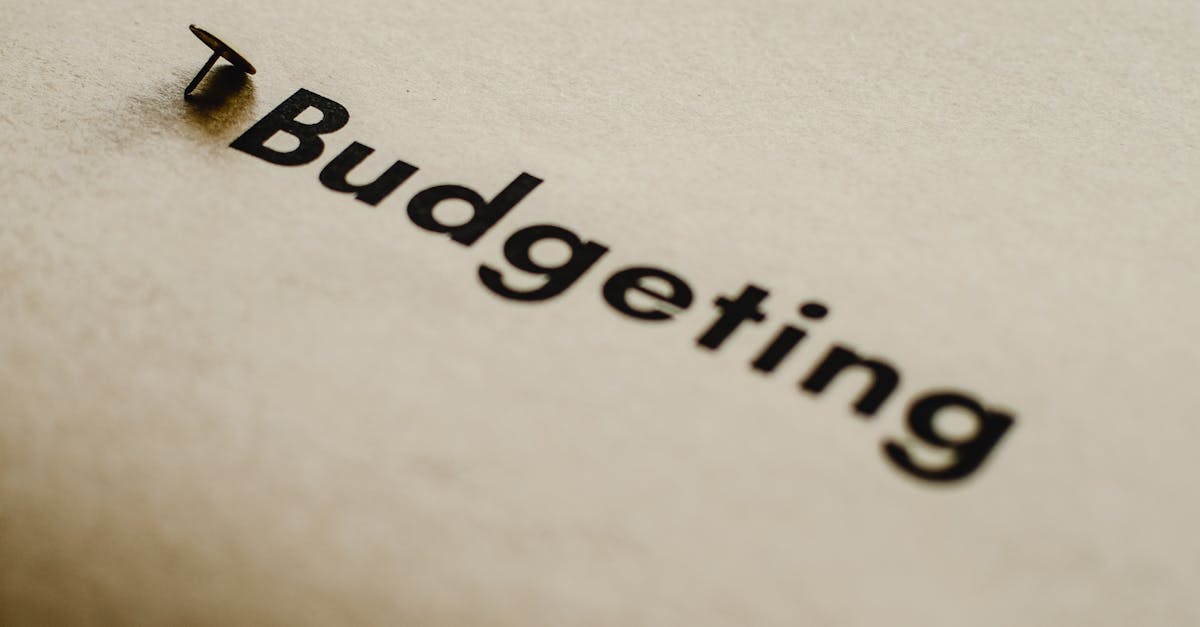If you’re feeling overwhelmed when it comes to personal finance, you’re not alone. With so much information and advice available, it can seem impossible to know where to start. But don’t despair. Getting a handle on your finances doesn’t have to be complicated or difficult.
The key is to start with the basics. By assessing your current financial situation, creating a budget, and setting goals, you can move toward a secure financial future. Taking the time to understand your finances can help you make informed decisions that will pay off in the long run. So, don’t be intimidated – take the first step and start managing your personal finances today.
The first step to take in personal finance is to assess your current financial situation. Gather all of your financial information, such as income, expenses, debts, and investments, and create a budget. This will help you understand where your money is going and how to make the most of it. From there, you can create a plan to reach your financial goals.
Where To Start With Personal Finance
When it comes to personal finance, it can be overwhelming to know where to start. The best way to begin is to assess your current financial situation. Gather information about your income, expenses, debts, and investments, and create a budget.
This will give you an understanding of where your money is going and how to make it work for you. With this information, you can make a plan to reach your financial goals. Taking the first step and gathering this information will help you create a solid foundation for your financial future.
Related Post: Who Are Hitachi Personal Finance
Setting Financial Goals
is an important step in managing personal finances. Without goals, it’s hard to know what to focus on and how to make the most of your money. Start by assessing your current financial situation and creating a budget. This will help you understand where your money is going and how to make better use of it.
Once you have a budget, you can create realistic financial goals and develop a plan to reach them. Setting goals can help you stay on track with your finances and work towards a more secure financial future.
Related Post: What Will Be Your Personal Finance Philosophy In 5 Years
Building An Emergency Fund
is an important part of personal finance. An emergency fund is a savings account that covers unexpected expenses that arise, such as medical costs, job loss, or home repairs. Having an emergency fund can help reduce stress and worry, as it provides a safety net in the event of an unexpected financial event.
To start building an emergency fund, create a budget and identify any areas where you can save money. You can then decide how much money you can dedicate to your emergency fund each month and set up an automatic transfer from your checking to savings account. With a plan in place, you can save money that can help you to be prepared for any financial emergency.
Related Post: Which Best Personal Finance
Developing A Budget

“Creating a budget is one of the most important steps to take when it comes to managing your personal finances. A budget allows you to get a better understanding of your income and expenses, as well as identify which areas of your budget you can improve.
By understanding where your money is going, you can create a plan to reach your financial goals. Start by listing your income and expenses, and then create a plan for how to best use the money you have. Once you have a budget in place, you will be able to make informed decisions about how to manage your finances and reach your financial goals.”
Related Post: Why Is Personal Finance And Budgeting Important
Creating A Financial Plan
is an important part of managing your money. It helps you make sure your money is going towards your financial goals, rather than wasting away. Start by assessing your current financial situation and gathering all relevant information like income, expenses, debts, and investments.
Take the time to create a budget that outlines where your money is going and how much you have available to spend. This will help you identify areas where you can save and make better decisions about how to use your funds.
Once you have a budget in place, you can create a plan to reach your financial goals and make the most of your money.
Related Post: Why Personal Finance Is Important Subject
Conclusion
is to assess your current financial situation and create a budget. This will help you gain a better understanding of your finances, and you will be able to create a plan to reach your financial goals. Once you have taken these steps, you can continue to work towards achieving financial success.
